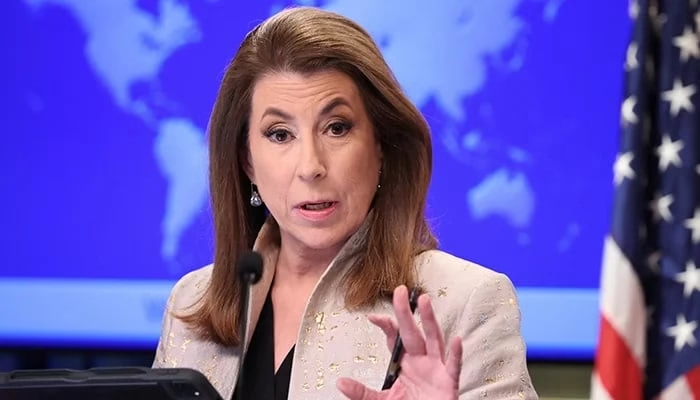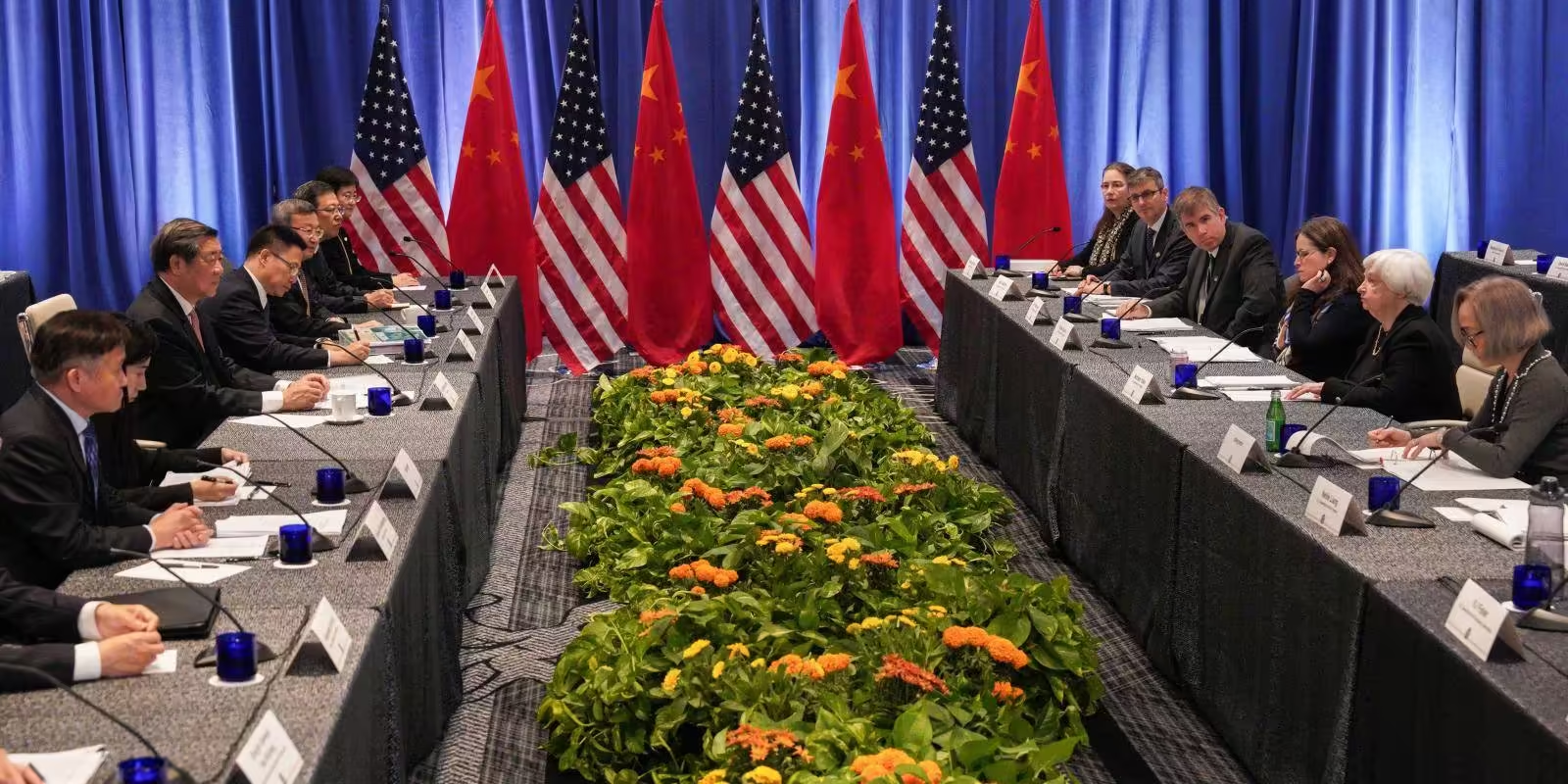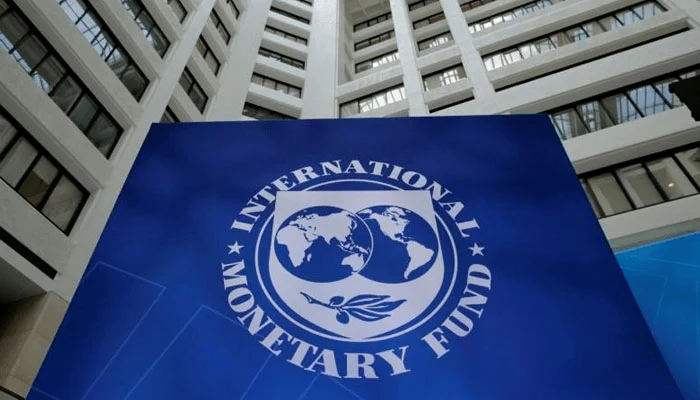The US role in preventing Pakistan-India conflict has been highlighted by State Department spokeswoman Tammy Bruce, who credited Washington’s swift diplomatic action for steering both nations away from the brink during their recent hostilities. Speaking at a press briefing, Bruce described the episode as a proud moment for US diplomacy and a demonstration of America’s commitment to peace in South Asia.
Washington’s Swift Intervention in South Asia
According to Bruce, the confrontation between Pakistan and India could have escalated into “something quite horrible” had it not been for the immediate engagement of the highest levels of US leadership. She recalled how the Vice President, President, and Secretary of State quickly coordinated outreach to both Islamabad and New Delhi.
“Many of you who were in the room in the days afterwards, we described the nature of the phone calls, the work that we did to stop the attacks, and to then bring the parties together so we could have something that was enduring,” she said.
Bruce credited Secretary Rubio, Vice President Vance, and other senior officials for their decisive role in preventing escalation, noting that this is exactly the kind of high-level diplomacy the US administration is committed to.
Strong Relations with Both Pakistan and India
Highlighting the US role in preventing Pakistan-India conflict, Bruce emphasized that Washington’s ties with both nations remain strong. “Our relationship with both nations is good, and that is the benefit of having a president who knows everyone, talks to everyone, and brings differences together,” she explained.
She also pointed to ongoing security cooperation with Islamabad, underscoring the importance of maintaining open channels with both countries.
Renewed Commitment to Counterterrorism
The State Department’s focus on peace in South Asia goes beyond conflict resolution. Bruce noted that Pakistan and the United States recently reaffirmed their shared commitment to combating terrorism in all its forms during the latest round of the Pakistan-US Counterterrorism Dialogue in Islamabad.
The meeting was co-chaired by Pakistan’s Special Secretary for the United Nations, Nabeel Munir, and US Acting Coordinator for Counterterrorism, Gregory D. LoGerfo. This dialogue took place just a day after Washington designated the Baloch Liberation Army (BLA) and its Majeed Brigade faction as foreign terrorist organizations following a series of deadly attacks.
Targeting Major Terror Threats
During the talks, both delegations stressed the urgency of developing effective strategies to counter militant groups such as the BLA, Daesh-Khorasan, and Tehreek-e-Taliban Pakistan (TTP). The US delegation praised Pakistan’s continued success in dismantling terrorist networks that threaten regional and global security.
Statistics from Pakistan’s security agencies show that counterterrorism operations have reduced militant incidents by nearly 30% over the past year, despite sporadic high-profile attacks. However, Bruce warned that terrorist groups are increasingly turning to emerging technologies for recruitment, propaganda, and attacks, making international cooperation more critical than ever.
Condolences and Recognition of Sacrifice
Washington also expressed condolences for the loss of civilians and law enforcement personnel in recent Pakistani terror incidents, including the Jaffar Express train attack and the Khuzdar school bus bombing. These tragedies, Bruce said, underscore the shared stakes in combating extremism and ensuring peace in the region.
Strengthening Institutional Frameworks
One of the key outcomes of the Counterterrorism Dialogue was a joint pledge to build stronger institutional frameworks and enhance capabilities to respond to evolving threats. Discussions covered intelligence sharing, border security, and cyber counterterrorism measures, reflecting a modernized approach to security cooperation.
Analysts note that the timing of this commitment is significant. With the US withdrawing from Afghanistan in recent years, the stability of Pakistan’s border regions has become a critical focus for both Islamabad and Washington.
A Broader Strategic Partnership
The US role in preventing Pakistan-India conflict is now seen as part of a broader strategic effort to ensure long-term stability in South Asia. By engaging both nuclear-armed neighbors during a crisis and deepening counterterrorism cooperation with Islamabad, Washington has reinforced its position as a key peace broker in the region.
Bruce concluded her remarks by saying, For the region and for the world, the United States working with both these nations is good news and will promote a future that’s beneficial.
The events of recent months have underscored two truths: first, that diplomatic intervention at the right time can prevent catastrophic conflict, and second, that enduring peace requires sustained cooperation against terrorism. The US role in preventing Pakistan-India conflict stands as a recent example of how high-level engagement and long-term partnerships can work hand in hand to promote stability.
As Pakistan and the United States continue to collaborate through initiatives like the Counterterrorism Dialogue, the hope is that such proactive measures will not only defuse future tensions but also dismantle the threats that undermine peace in the region.



